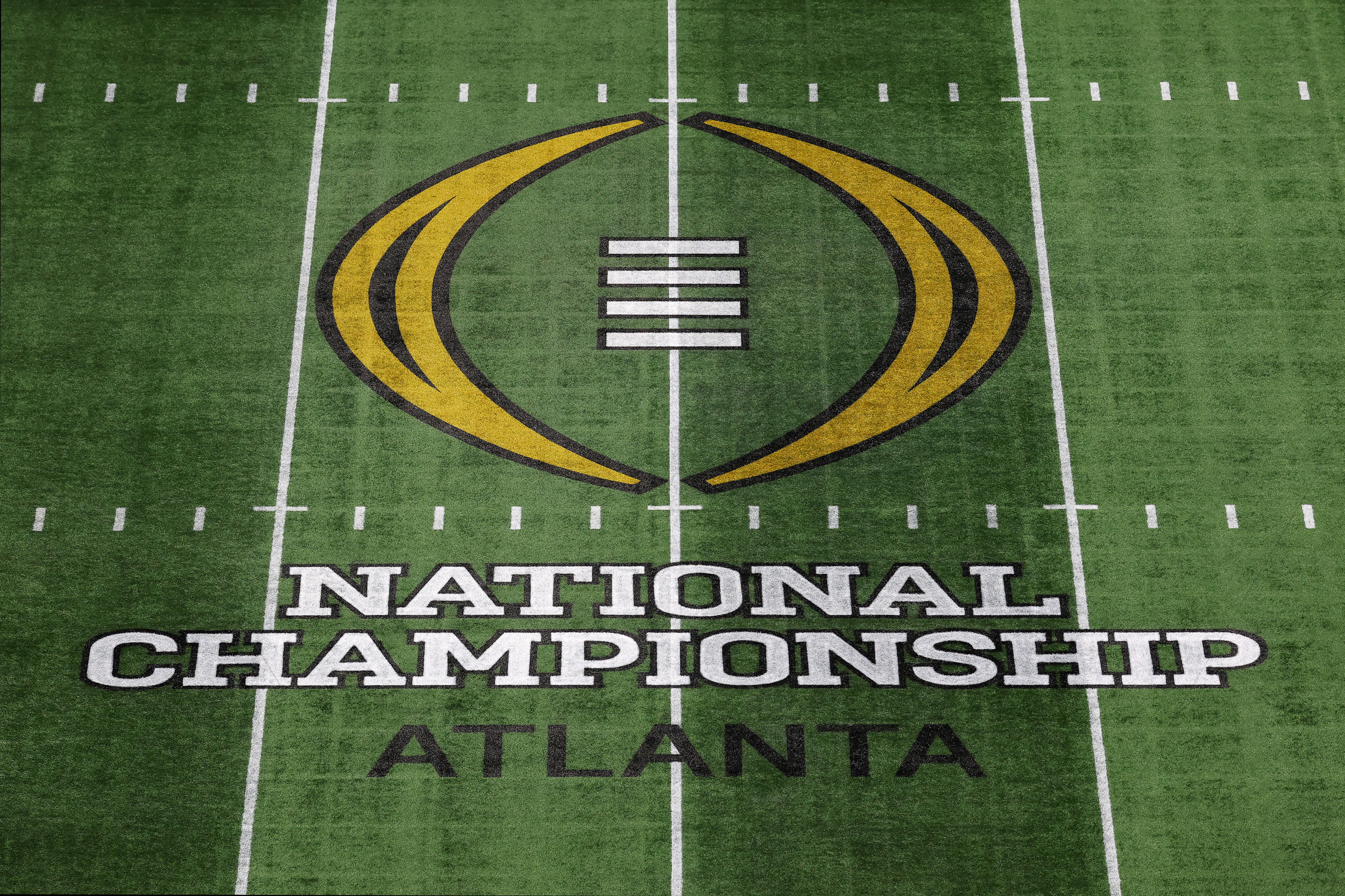President Donald Trump broke a long-standing tradition during his inauguration when he didn't place his hand on the Bible, prompting some to blame Supreme Court Chief Justice John Roberts, who was administering the oath of office.
Why It Matters
It is tradition to use a Bible during presidential inaugurations, although not required by the U.S. Constitution. George Washington began the practice in 1789, and most presidents have followed this precedent, including Trump during his first swearing-in in 2017. However, this year, he opted just to raise his right hand and take the oath.
Did Donald Trump Put His Hand On The Bible During Inauguration?
During the ceremony, first lady Melania Trump held two Bibles—the Lincoln Bible, previously used by former Presidents Abraham Lincoln and Barack Obama, and a family Bible gifted to Trump by his mother in 1955. While reciting the oath, Trump reportedly forgot to place his hand on either book.
Photos and videos of Trump taking the oath of office show Melania standing beside him with the Bibles in her hands while Trump's left hand is down at his side.

What To Know
Trump's not putting his hand on the Bible prompted some supporters to blame Roberts. They criticized the justice for not giving Trump more time to get settled before administering the oath.
"Chief Justice Roberts rushing the oath before Melania got to President Trump without his hand on the Bible is absolutely disgraceful. Shame on Roberts," Coleton Furlow, a Christian conservative podcast host, posted on X, formerly Twitter.
Pastor Carl Williams criticized Roberts for rushing the oath with Trump, meaning Trump didn't have a chance to put his hand on the Bible.
"With the incoming first family scrambling to get into place, Chief Justice Roberts began reciting the oath before President Donald Trump could even put his hand on the Bible," radio host Terry Meiners posted on X.
Some people claimed Roberts told Vice President JD Vance to put his hand on the Bible but only told Trump to raise his right hand. But, videos clearly show Roberts only instructing both men to raise their right hand.
Not placing his hand on the Bible doesn't mean anything about Trump's presidency because it isn't required. The U.S. Constitution only mandates that the president take the oath as outlined in Article II, Section 1, Clause 8. Trump recited the oath given by Roberts.
Past inaugurations reflect varied approaches. For instance, former President Franklin D. Roosevelt used a family Bible for all four of his inaugurations, while former President Lyndon B. Johnson used a Catholic missal found on Air Force One after President John F. Kennedy's assassination. Notably, former President John Quincy Adams opted for a book of law, emphasizing his commitment to the Constitution.
What People Are Saying
Keith Edwards, a Democratic strategist, on X: "Holy s***. Trump didn't put his hand on the Bible when taking the oath of office."
Political commentator Adam Schwarz, on X: "Melania was late walking up to Trump with the bible. As a result, Trump did not remember to put his hand over the bible during the swearing in. I have looked back at decades of US presidential inaugurations and can't find another example of this."
Law professor Jonathan Turley, on X: Chief Justice John Roberts appears to have taken the view that 'Justice delayed is justice denied' by jumping forward to start the oath before Trump could put his hand on the Bible. The Internet is alive with speculation that it might not count...it is wishful thinking for some and angst for others that the Bible-lite oath might not satisfy the standard under Article II. It is time to move on to other more important things to worry about...like who will be the next coach for the Chicago Bears."
Wendy Patterson, a Trump supporter with over 200,000 followers on X, posted: "Supreme Court Justice Roberts didn't wait for Trump's family or the Bible before he started swearing trump in. I have NO idea why Trump allowed that loser to swear him in. It wasn't required under the Constitution."
What Happens Next
Trump's inauguration has reignited conversations about the evolving nature of presidential traditions. The debate over the necessity of using a Bible highlights broader discussions about the balance between symbolism and constitutional adherence.
As future presidents take office, their choices in these ceremonies will likely continue to reflect their values and public expectations, shaping the tradition in new ways.




















 English (US) ·
English (US) ·